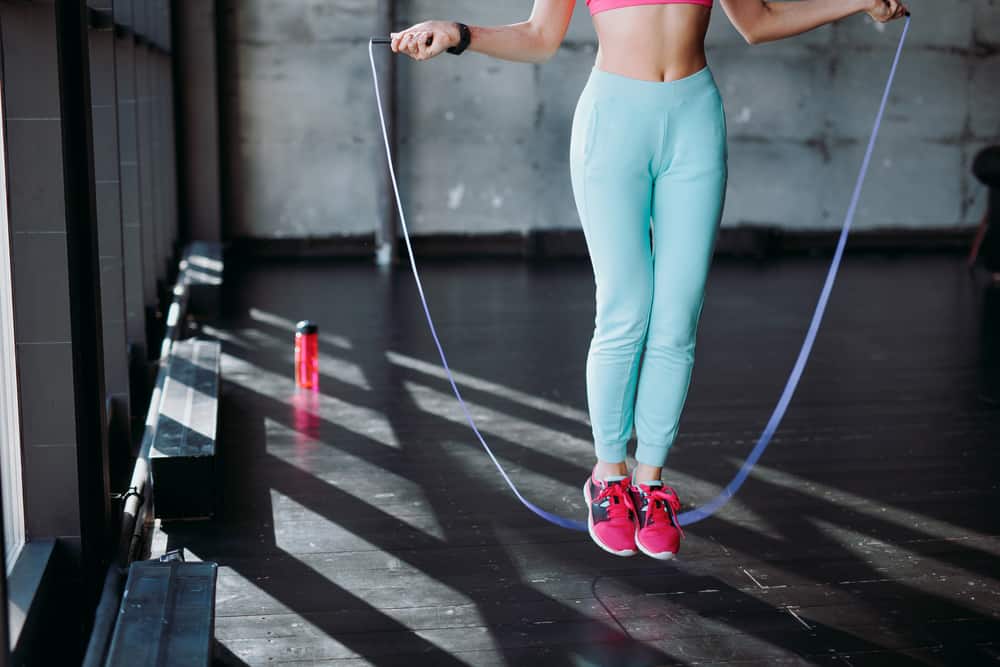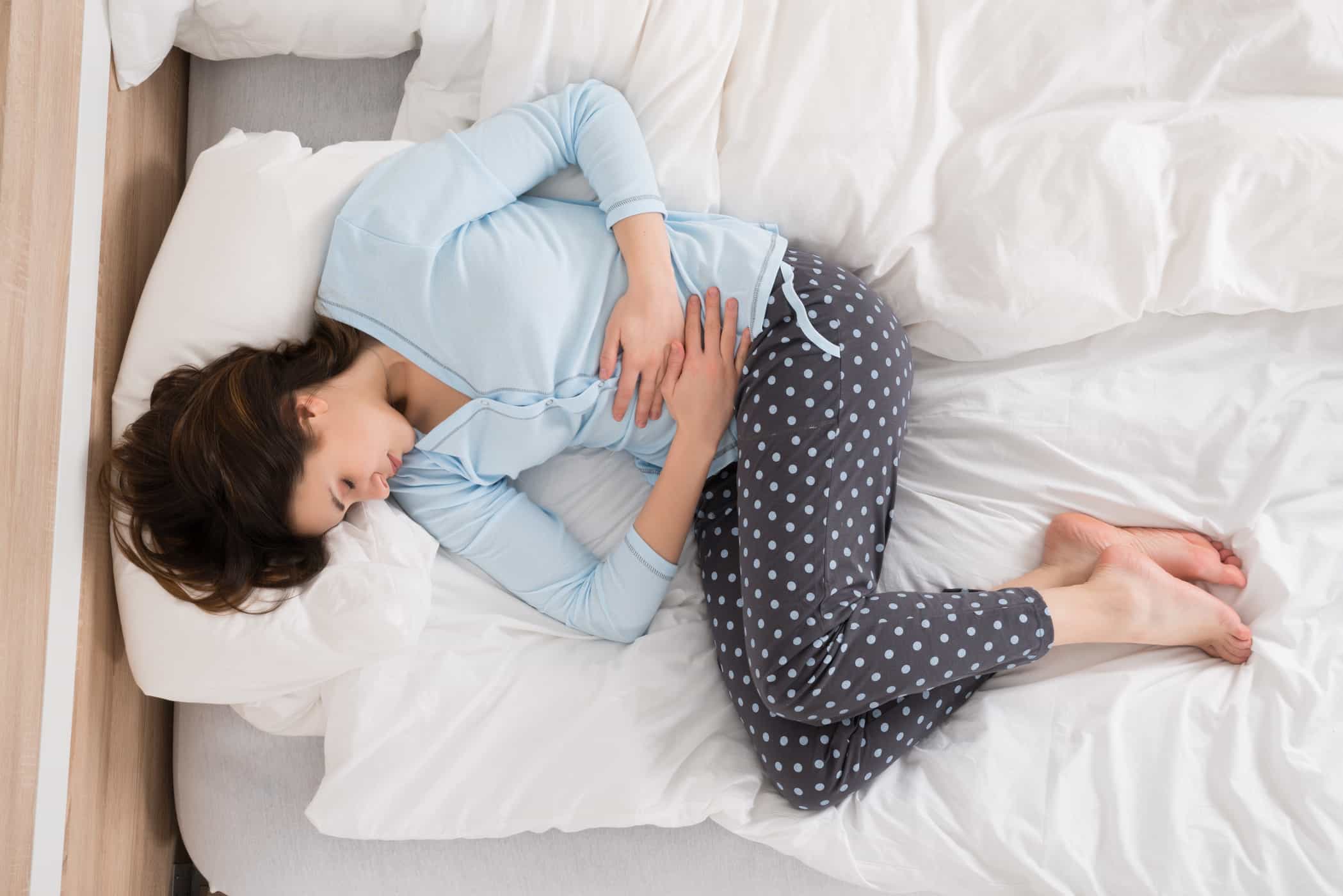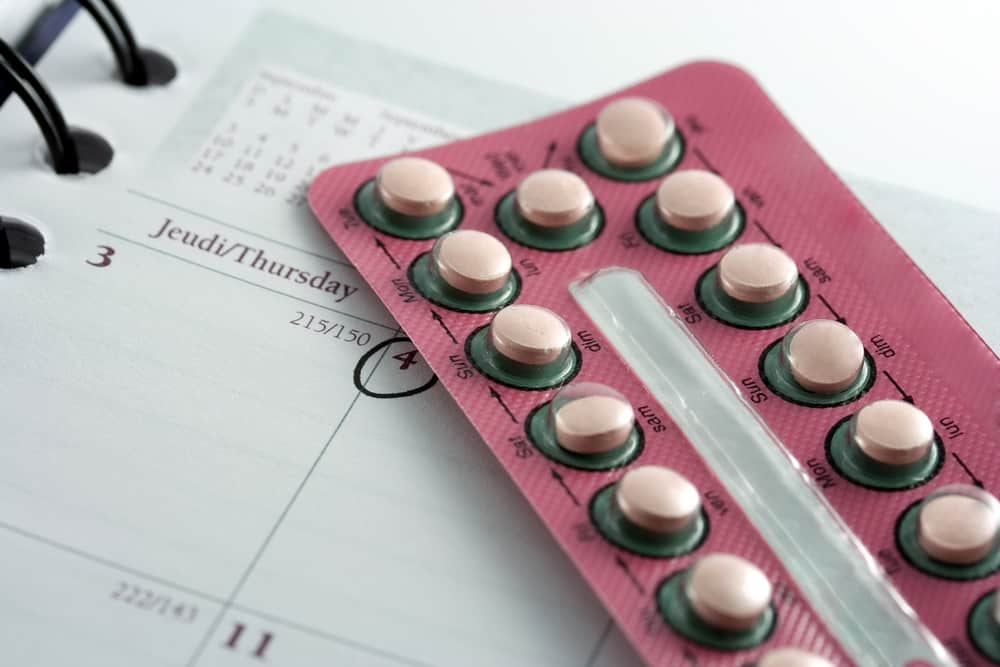Contents:
- Medical Video: Demystifying Medicine 2014 - Pertussis (Whooping Cough): A Lesson in Vaccines
- Who are most at risk of developing pertussis?
- HuB17 antibodies, new whooping cough medicines formulated in Texas
- Hub antibody deficiency17
- Whooping cough can be prevented by vaccines
Medical Video: Demystifying Medicine 2014 - Pertussis (Whooping Cough): A Lesson in Vaccines
Children and toddlers are the most vulnerable age group to experience coughing. However, be wary if the child coughs hard, severe, lasts a long time, also accompanied by gasps and wheezing (breathing sounds). This can be a sign of whooping cough. Now, a recent study found a new type of drug that has the potential to prevent pertussis infection. The following is complete information about the new whooping cough medicine.
Who are most at risk of developing pertussis?
Whooping cough, known as pertussis, is a respiratory tract infection caused by bacteriaBordetella pertussis.
According to data from the World Health Organization (WHO), from around 30-50 million cases of whooping cough per year worldwide, 300,000 of them end in death. In the United States, cases of this disease are estimated at around 800,000 to 3.3 million cases per year.
Pertussis is more common in infants less than 12 months and young children aged one to six years. However, the most risky for whooping cough is a group of newborns in the first two months of life. Because, they are not old enough to get the pertussis vaccine (Tdap and Dtap). That's why for this reason, pregnant women are advised to get the Tdap vaccine to be able to provide protection to their fetus from before birth.
But the problem is, not all pregnant women get the pertussis vaccine. A potential solution to the problem is by giving drugs to newborns to protect them from whooping cough infections.
HuB17 antibodies, new whooping cough medicines formulated in Texas
A team of researchers from the University of Texas at Austin and Syntethic Biologics inc., Developed a type of drug that has the potential to prevent or cure whooping cough. This new whooping cough drug contains antibodies called hu1B7, which can bind poisons from the bacteria that cause pertussis and make them harmless.
In the study, the researchers gave hu1B7 antibodies to 7 baboon babies who had only been born a few days ago, and compared them to 7 other baboons who did not receive the hu1B7 antibody. When all these animals are discharged with bacteria Bordetella pertussis, the group of baboons who received hu1B7 antibodies looked healthy and did not show symptoms of whooping cough. In contrast, baboons who did not receive HIV1B7 antibodies fell ill, and four of them had to be injected dead.
Hub antibody deficiency17
Although the new drug shows the effect of preventing potential whooping cough in animals, further research is needed to be able to be given to humans.
Moreover, unlike vaccines, hu1B7 antibodies do not provide long-term protection. Because the antibodies will be broken down and cleaned from the body after a certain period of time. Whooping cough hu1B7 drug is reported to have a effectiveness period of up to 25 days in humans. After that, the drug residue will be completely removed from the body.
Even so, researchers are still developing a more recent version of the HuB17 antibody to last up to 80-100 days in the human body. With this longer "age", one dose of whooping cough can protect babies during their vulnerable period, that is, before they can get the pertussis vaccine (Tdap and Dtap).
Whooping cough can be prevented by vaccines
Whooping cough is very easily transmitted through water particles that spray when coughing or sneezing is not closed. However, DtaP and Tdap vaccines can help prevent the spread of infection. The risk of transmission can even be drastically reduced to 55 percent only with this vaccine.
Whereas the handling of the disease is more supportive, namely by prescribing antibiotics (erythromycin and azithromycin) and paying attention to nutritional intake and children's fluid needs. The next step of the doctor's care is to prevent the risk of respiratory failure and lack of oxygen.












